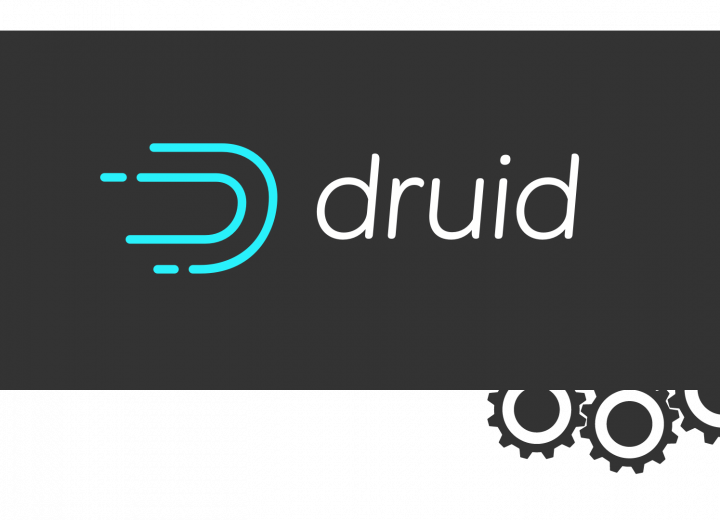Machine-learning models based on this data can open up new business opportunities for companies. It is, however, only when these models are transferred to productive systems that they can be used to realize added value.
Data science opens up a variety of opportunities for companies to develop their businesses, whether through predicting customer buying behaviour or by using recommender programs to generate more revenue.
In order to exploit these possibilities, a major hurdle must be overcome: the (machine learning) models, which are often developed using a specific procedure model and statistically oriented programming languages, must be put into practice (From Data Science to Production), where they must be monitored and maintained (Data Science in Production).
The challenges of practical operations
Many data scientists focus their models on feasibility issues and on exploring new opportunities. Exploration, however, is only part of a data science project. Transferring the information to production and performing maintenance often pose even greater challenges.
The problems often involve either performance problems or a lack of data engineering skills. The later practical operations should be taken into account early on, at the algorithm selection stage. In addition to technical factors, such as the models’ storage needs or deployment options, their interpretability requirements and the need for them to quantify uncertainties often increase once they are put into practice.
Since live environments can differ significantly from initial test environments, it is essential to put in place a strategy to monitor ongoing model performance. In addition, user experience must also be taken into account, a factor which increases the requirements for the stability of model predictions and evaluations. Productive models influence their “environment” (e.g. user behaviour), including the data which forms the basis for future iterations. These feedback effects pose further challenges when it comes to the practical operation of long-lasting data science products.
The transition to productive operations – and the subsequent maintenance – therefore requires experts with experience in holistic data science projects. Using experts enables the valuable knowledge gleaned during the first phase to be converted to added value for the business.
Custom-tailored data science solutions
Our teams of experienced data scientists, as well as cloud, IT, and data engineers, enable us to support and move you forward at every stage of your project. Our interdisciplinary expertise allows us to offer you solutions tailored to your individual needs.
Our teams cover the entire lifecycle of a data science project. Our experts can accompany you from the data analysis process through exploration and modelling to ongoing operation in productive systems. We can also support you in the organisation and optimisation of the data science lifecycle.
Many years of expertise
inovex’s long history makes us one of Germany’s big-data pioneers. We have gathered cross-industry experience and knowledge in data science and data engineering.
For many years, we have been building modern IT infrastructures for this type of data solution, and we support ongoing DevOps or MLOps operations with our experts from a single source.
Our large team of data scientists builds on all these skills to create models which can be relied upon to successfully go live.



